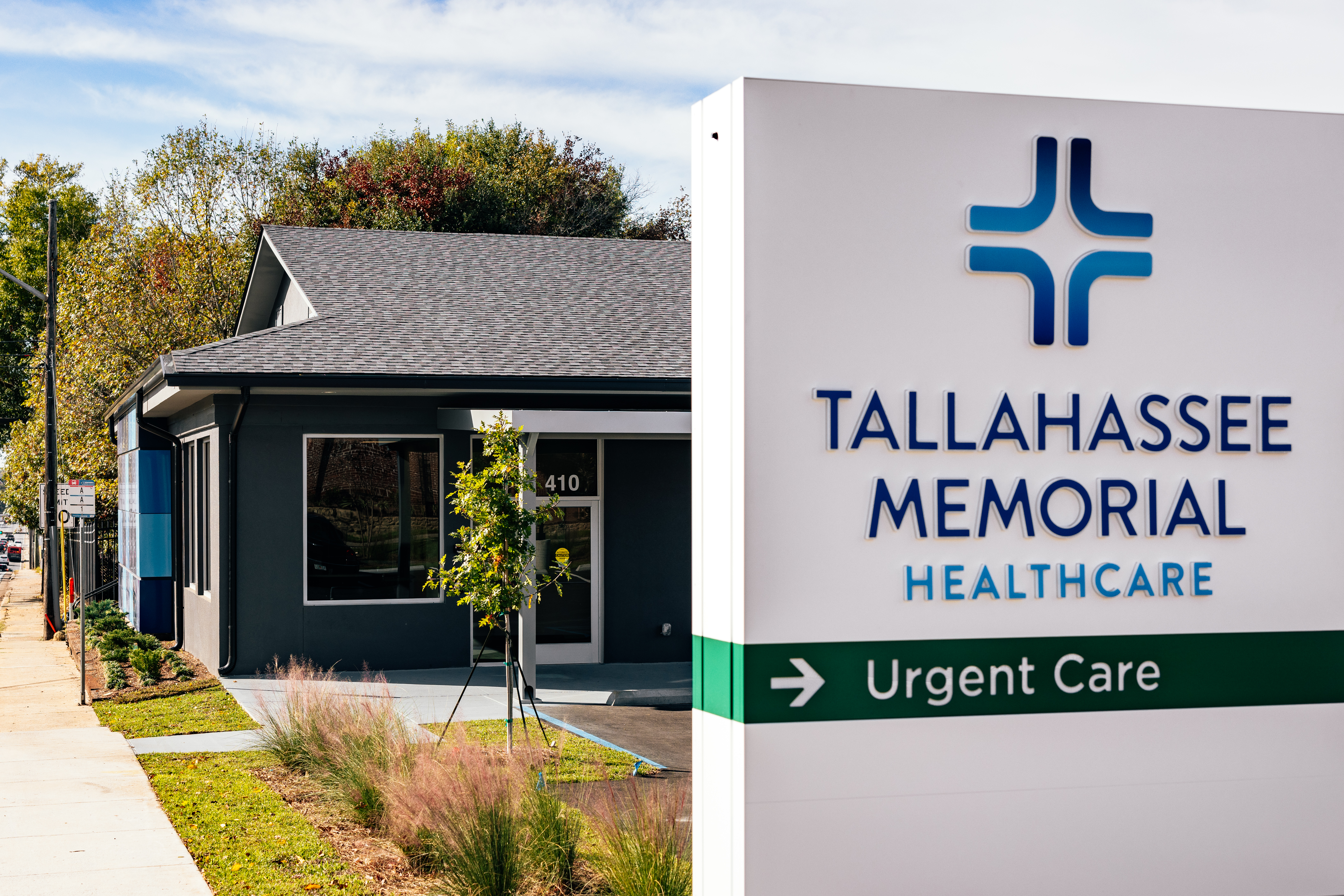A flu shot is your best bet for avoiding the flu. You can benefit from getting a flu shot any time during flu season, which begins in October and lasts into the spring.
Find a Flu Shot Location
Find a Location
Find a Primary Care Physician
Find a Physician
Flu Season is Here
October marks the start of influenza, or flu, season, which lasts until the spring. Learn the eight ways to protect yourself this season.
Know Where to Go
If you do get the flu, it’s important to know the best place to go for treatment based on your symptoms. Knowing where to seek the appropriate level of care will help you more conveniently access the care you need and keep emergency rooms clear for our community’s sickest patients.
Flu Symptoms

Flu symptoms can be similar to other illnesses, such as the common cold and COVID-19. Typical symptoms include:
- A fever that lasts several days
- Aches and chills that can feel severe
- Fatigue and weakness
- Chest discomfort and cough
- Headache
- Runny or stuffy nose
- Sore throat
- Vomiting and diarrhea (more commonly in children)
Symptoms often come on quickly, whereas the common cold may appear more gradually.
High Risk Groups
While the flu vaccine is recommended for the general public, people at higher risk for complications should make it a priority to get vaccinated.
The CDC has a list of health and age factors that increase a person’s risk of complications from the flu, including:
- Adults 65 years and older
- Children younger than 2 years old
- People with chronic health conditions, like asthma, blood disorders, diabetes, kidney disease, liver disorders and lung disease
- People with neurologic and neurodevelopment conditions
- People with a weakened immune system, such as people with HIV or AIDS and cancer patients and survivors
- People who have had a stroke and heart disease
- Women who are pregnant

Visit Our Locations
Need medical care fast? Our Urgent Care Centers are here for you!



